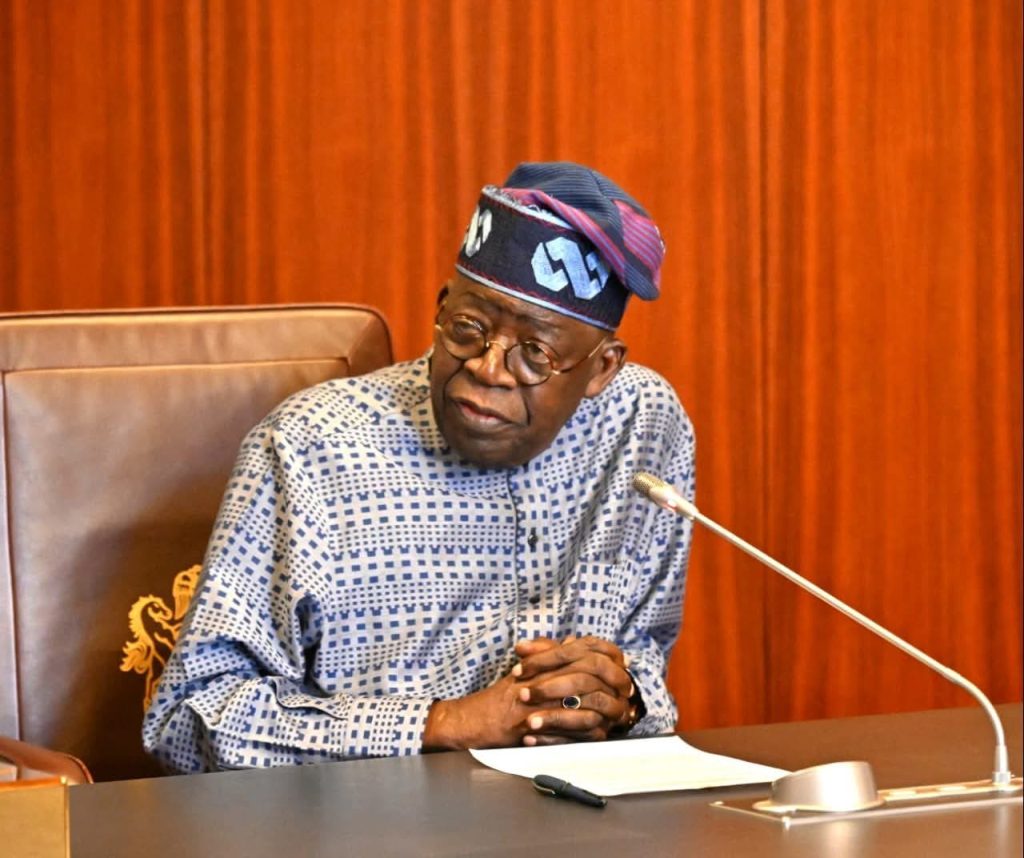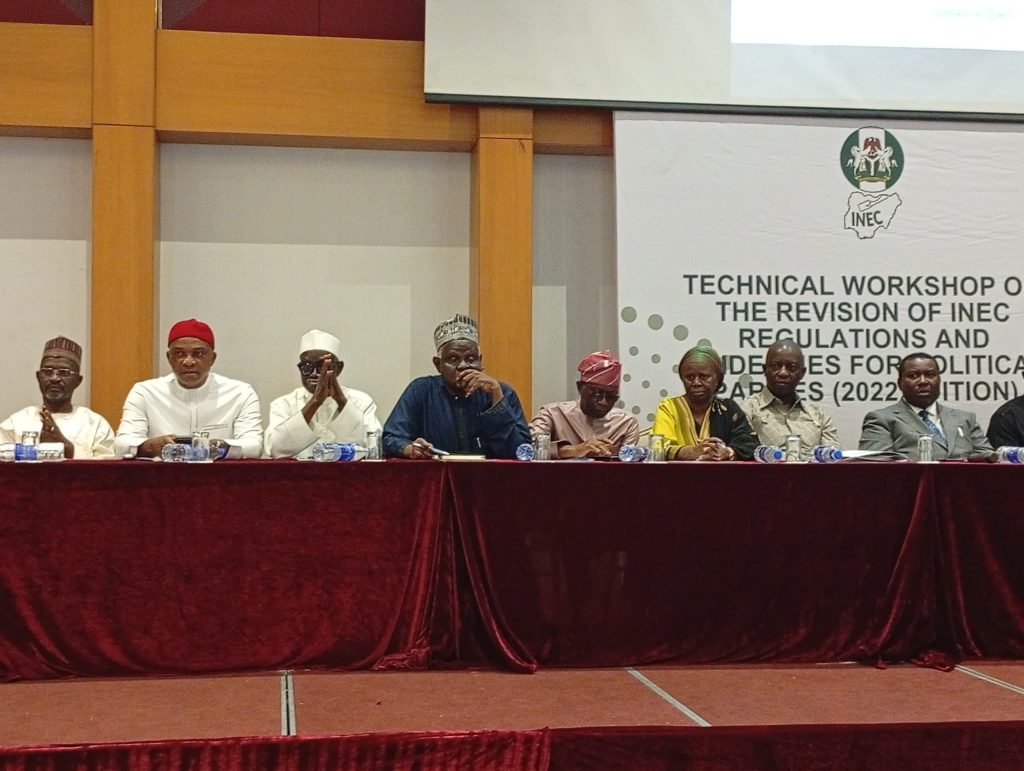US Intelligence Community Sees Major Overhaul as Senior Russia Analyst Fired
In a move seen as part of President Donald Trump’s efforts to depoliticize the US intelligence services, the CIA’s top Russia analyst has lost her job, The Economist reported. The officer, who remains unnamed, was instrumental in compiling a report accusing Russia of meddling in the 2016 US presidential election in favor of Trump. Her security clearance was revoked on August 19, along with those of 36 other current and former officials.
The fired analyst was described by The Economist as “the country’s top intelligence officer for Russia and Eurasia,” overseeing operations related to the former Soviet Union. Her dismissal comes amid growing controversy over allegations of Russian interference in the 2016 election, which have been vehemently denied by the Kremlin.
The US intelligence community has been roiled in controversy over the allegations, with Trump and Republicans labeling them a “hoax” perpetuated by former President Barack Obama and the Democrats to delegitimize Trump’s first election victory and undermine his presidency.
In a bid to address concerns of politicization and leaks within the intelligence community, Director of National Intelligence Tulsi Gabbard has released multiple documents since mid-July, which she claims expose a coordinated effort by senior Obama-era officials to falsely accuse Trump of colluding with Russia.
Gabbard also announced that the Office of the Director of National Intelligence, which oversees 18 agencies, will be reduced by nearly 50%. The US intelligence community has become “plagued with unauthorized intelligence leaks, politicization, and weaponization of intelligence,” she said.
The Foreign Malign Influence Center (FMIC), created by Congress in response to the Russiagate allegations, will also be significantly scaled back and stripped of some of its core functions, according to Gabbard.
These moves are seen as part of a broader effort by the Trump administration to reshape the US intelligence community, which has been criticized for its handling of the Russian interference allegations. The overhaul has sparked concerns among some lawmakers and intelligence experts, who warn that it could compromise national security and undermine the independence of the intelligence community.
The impact of these changes on the US intelligence landscape remains to be seen. However, as the country heads into the 2024 presidential election, the stakes are high for the US intelligence community to maintain its integrity, independence, and effectiveness in safeguarding national security.



